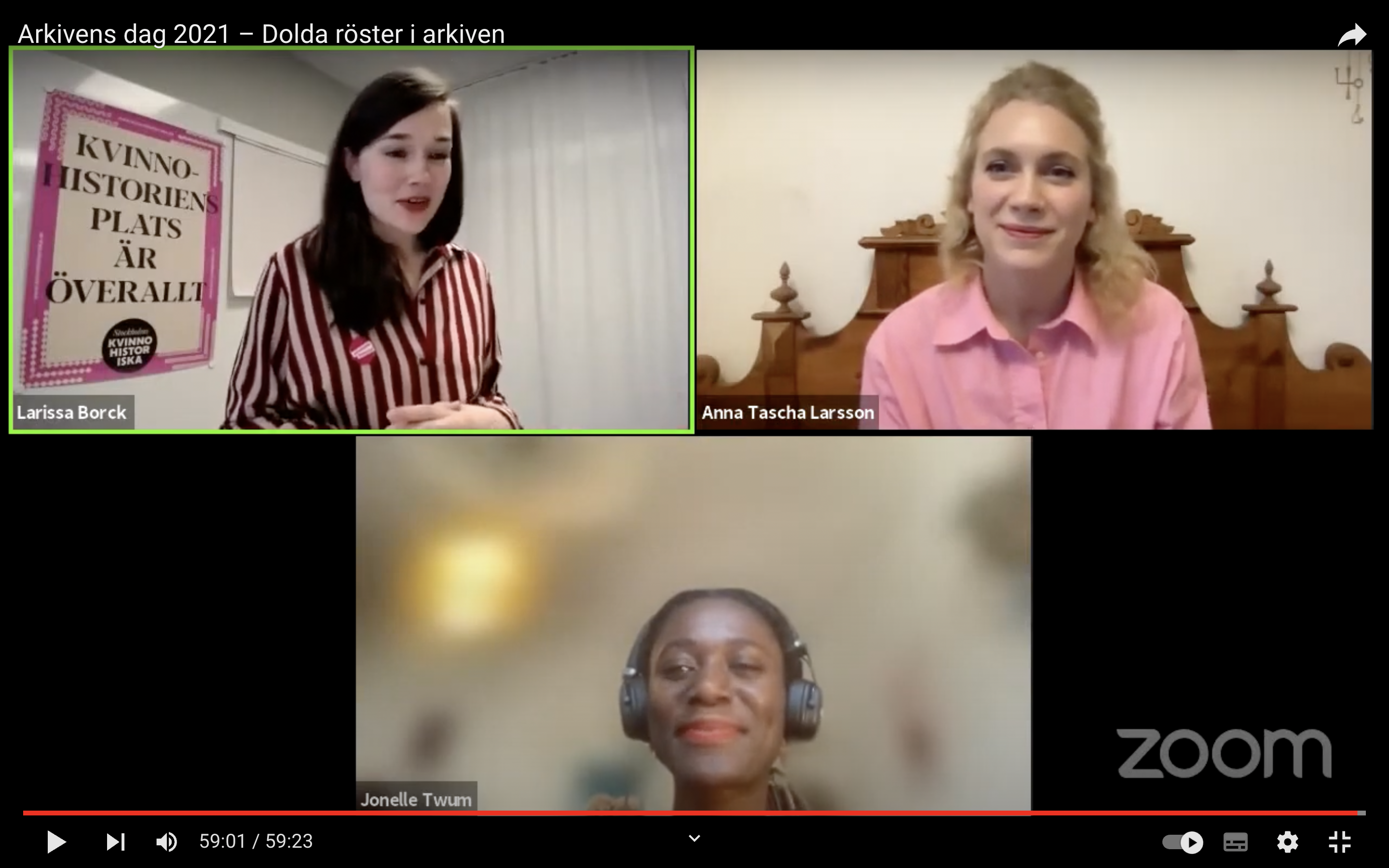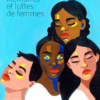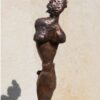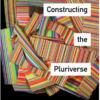This text is licensed under the Creative Commons license Attribution-NonCommercial-ShareAlike 4.0 International. The link to the original material is situated at the top right of the text.

Arkivens dag 2021 – Dolda röster i arkiven (International Archives Day – Hidden voices in the archives)
Anna Tascha Larsson, Jonelle Twum, Larissa Borck
2021
Keywords: museum, history, women’s history, black history, collaboration, cultural heritage
Threads: Remembering, Cooperating with(in) arts and culture
Short description
Anna Tascha Larsson, museum director at Stockholm Museum of Women’s History
Jonelle Twum, founder and artistic director at Black Archives Sweden
Larissa Borck, antiquarian with focus on digital development at Sörmlands museum
At International Archives Day, the museum of Sörmland invited Stockholm Museum of Women’s History and Black Archives Sweden to converse on the topic of “Hidden voices in the archives”.
Historically, the stories and perspectives collected and saved in archives are very homogenic. Whose perspectives are saved today and whose lives are found in our archives? What strategies can we have to fill the blind spots in the archives? How can we document the present to make sure that tomorrows history books can show our diverse society? These questions were asked in this livestreamed talk.
Stockholm Museum of Women’s History and Black Archives Sweden also present how they work in a progressive way in the cultural heritage sector. The museum is built around the idea that they can achieve the biggest impact by working in collaboration, so they are organised as a membership organisation where other museum’s and cultural organisations are members. Both organisations in the talk also bring up how the public is participating in their work.
Personal appreciation
In this conversation, a museum and an archive focusing on women’s history and black history talk about strategies for how we can change this for the future, both in the big institutions, and through initiatives like ours, and how we can achieve a real change through collaboration. It’s important to act now, or future history writing will have similar gaps as todays history books.
Today, the possibility to make yourself heard has made easier through internet and social media. But these voices will be drowned in the amount of information, and social media is not an archive, we have seen platforms disappear, and all the information with it.
In this conversation, we try and amplify the need for the cultural heritage sector to document a broader variety of knowledge and experiences. We also talk about how we can remind people that they are important, and motivate them to contribute with their own perspectives and stories.
Contribution to the "Who knows?" handbook
Every person carries important knowledge about how it is to live, work, love, and act in today’s society. Historically, only few of these voices have been heard, saved, or told.
Stockholm Museum of Women’s History is also a partner in the SHAKIN’ project.
Material(s)
Additional Information
| Location | Sweden / Youtube |
| Original language(s) | Swedish |
| Existing translations | |
| Length | 59 minutes |
| Project runtime | - |
| Institution of affiliation | Stockholms Kvinnohistoriska / Stockholm Museum of Women’s History Black Archives Sweden Sörmlands museum |
| Sponsor(s) |
Additional Pictures
Creative Commons
Related Contributions

Mémoires et luttes de femmes (Memories and Struggles of Women)
Camille Caramanno, Hawa Derdessy, Matilda Fayard, Tiphaine Charrondière-Cornil
2021
A method to redefine references in terms of struggles, pride, resistance, resilience, and women’s capacities, beyond the great figures and stories usually put forward in history

Fribourg declaration et reviewing
Patrice Meyer-Bisch and alii Civil society
2007
In 2007, the "Fribourg group” concluded that the universality and indivisibility of human rights still suffer as a result of the marginalization of cultural rights and published the Declaration of Cultural Rights as a legal framework for cultural rights.

Constructing the Pluriverse: Geopolitics of Knowledge
Bernd Reiter (editor)
Zaid Ahmad, Manuela Boatcă, Hans-Jürgen Burchardt, Raewyn Connell, Arturo Escobar, Sandra Harding, Ehsan Kashfi, Venu Mehta, Walter D. Mignolo, Ulrich Oslender, Issiaka Ouattara, Bernd Reiter, Manu Samnotra, Catherine E. Walsh, Aram Ziai
2018
The contributors to Constructing the Pluriverse critique the hegemony of the postcolonial Western tradition and its claims to universality by offering a set of “pluriversal” approaches to understanding the coexisting epistemologies and practices of the different worlds and problems we inhabit and encounter.







